Cultural awareness Normal History Worksheets for Ages 4-9
5 filtered results
-
From - To
Explore our engaging "Cultural Awareness Normal History Worksheets" designed specifically for children aged 4-9! These worksheets introduce young learners to the rich tapestry of global cultures, fostering appreciation and respect for diversity. Through vibrant visuals and interactive activities, children will explore traditions, customs, and historical milestones from various communities around the world. These resources not only enhance history knowledge but also promote critical thinking about societal impacts and cultural evolution. Perfect for classrooms and home use, our worksheets are an excellent tool for encouraging open discussions about inclusivity and global citizenship in an age-appropriate manner. Start the journey to cultural understanding today!
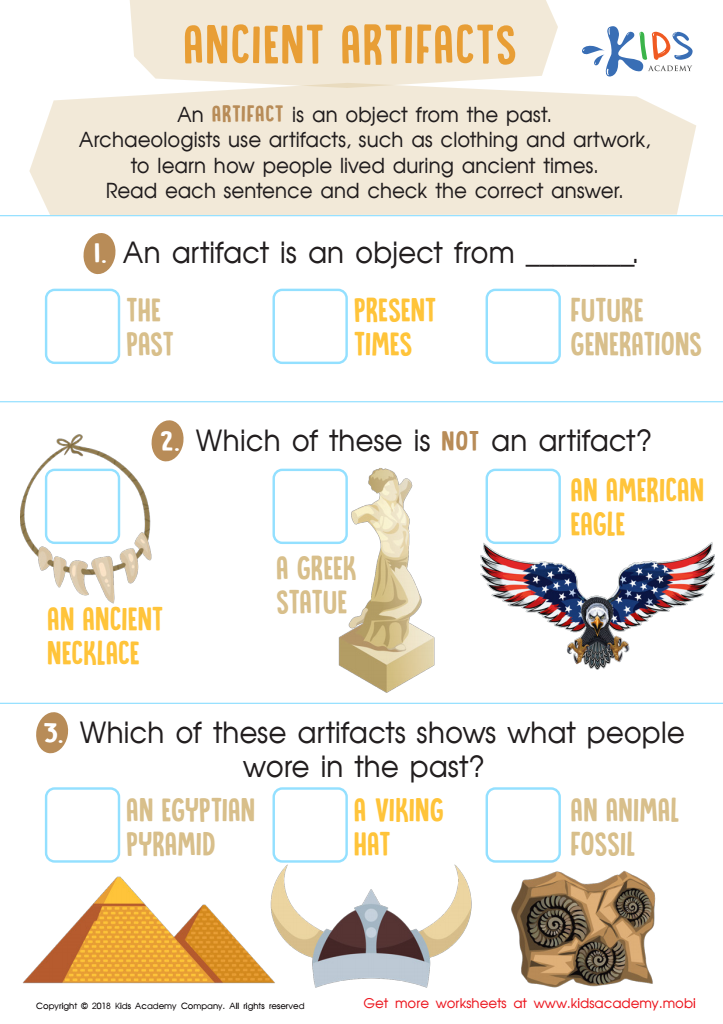

Ancient Artifacts Worksheet
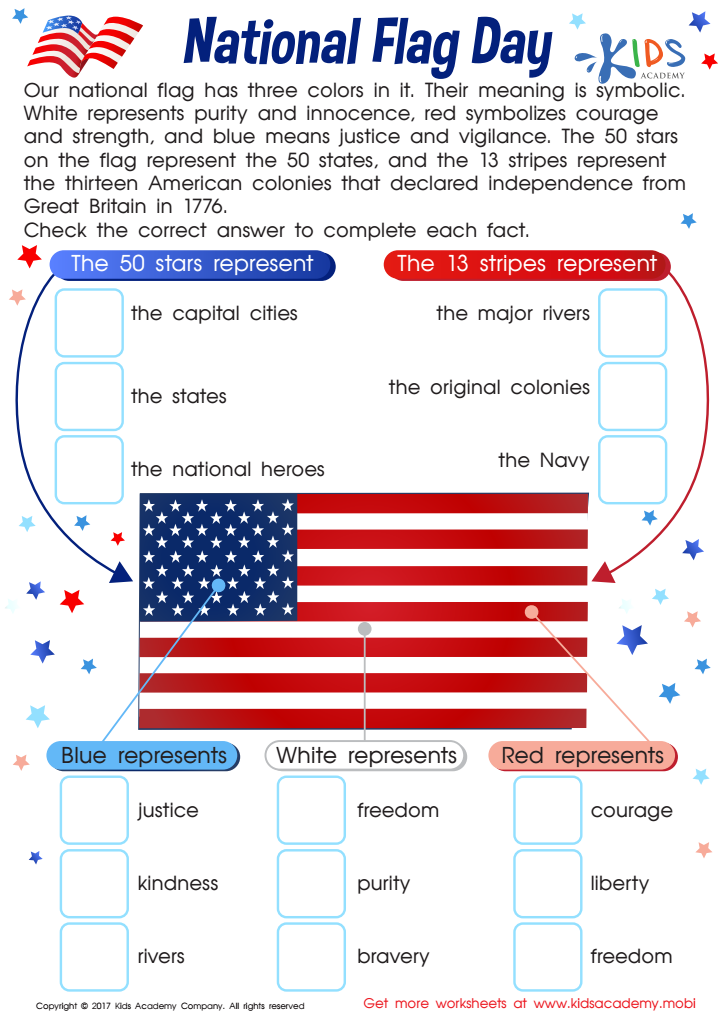

US National Flag Day Worksheet
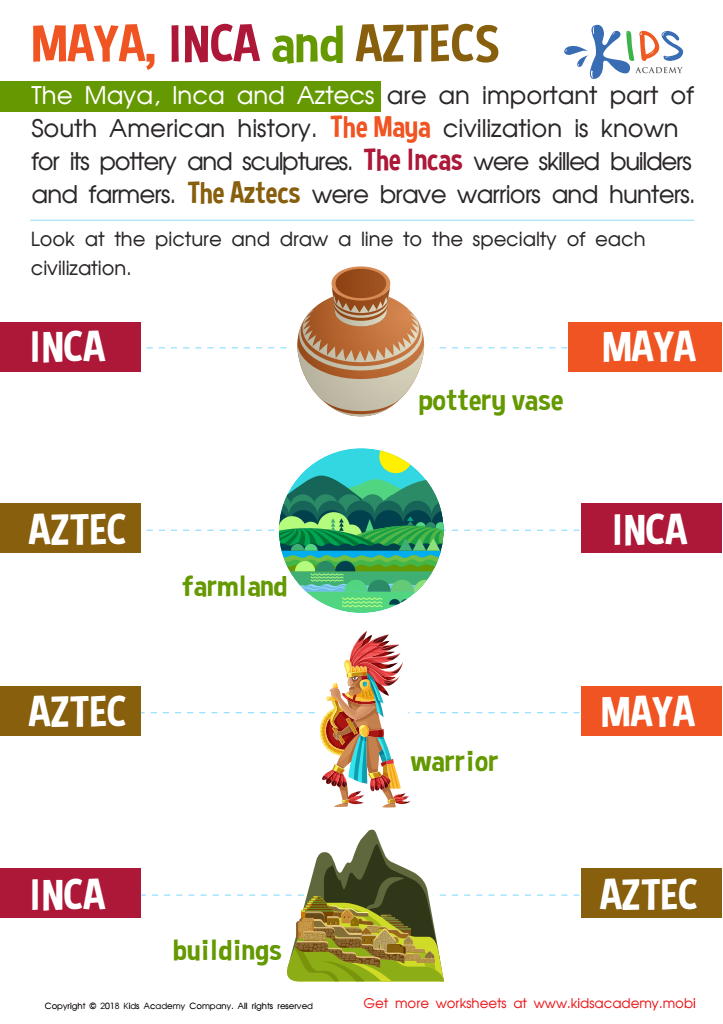

Maya, Inca and Aztecs Worksheet
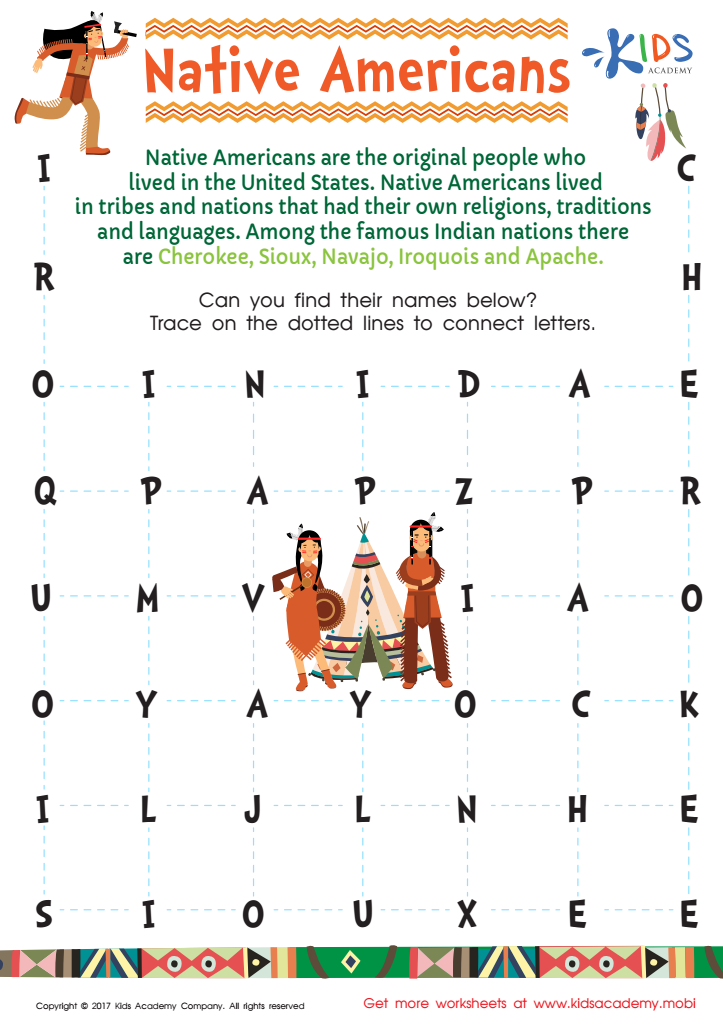

Native American Word Search Printable
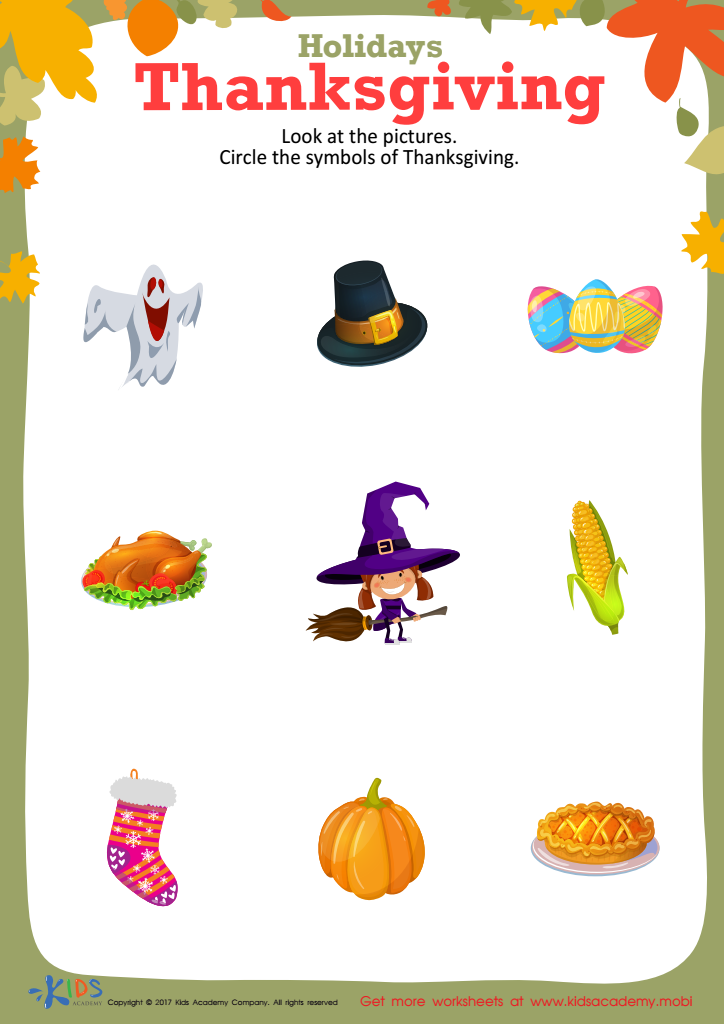

Thanksgiving Holiday Printable
Cultural awareness teaches children to appreciate and respect the diverse world around them, making it crucial in early education for ages 4-9. At this young age, children are naturally curious and open to accepting differences. By incorporating lessons on cultural awareness and history, parents and teachers can nurture empathy, curiosity, and understanding.
Understanding various cultures helps children develop a broad worldview, enabling them to build relationships with diverse peers and foster inclusivity. This skill reduces biases and promotes social harmony, empowering children to stand against discrimination. Moreover, learning about cultural histories enriches their education, offering insights into different traditions, languages, and values that shape societies today.
Engaging with culture stimulates creativity and critical thinking, encouraging children to question and explore. It enhances their ability to communicate and collaborate with others, vital skills in a globalized society. Finally, fostering cultural awareness boosts self-identity, allowing children from various backgrounds to recognize their cultural heritage, instilling pride and belonging.
Encouraging cultural awareness and history from a young age equips future generations with tools for coexistence, reduces prejudice, and cultivates a compassionate and informed society. Parents and teachers play a pivotal role in shaping this understanding, laying the foundation for a peaceful and collaborative future.

 Assign to My Students
Assign to My Students



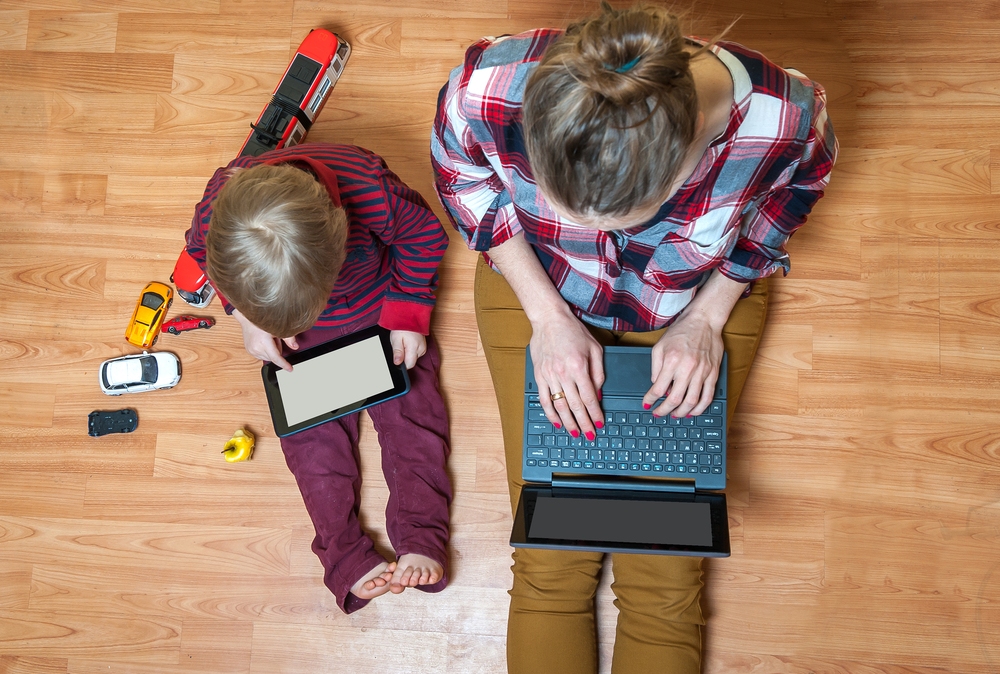
.jpg)











